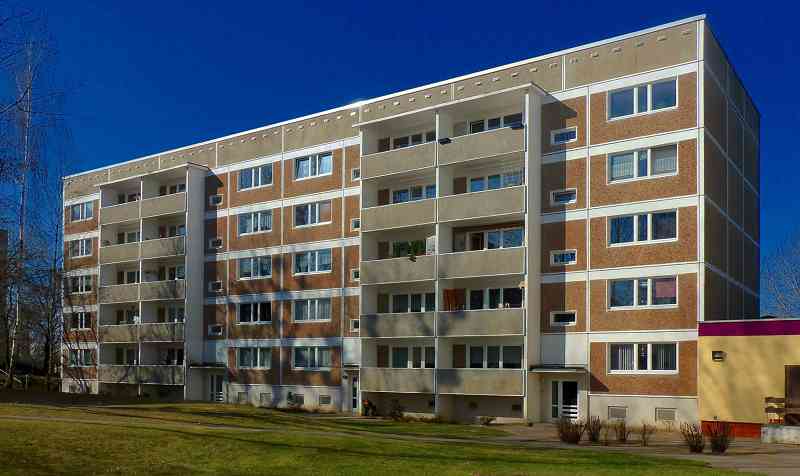Die Entwicklung der Wohnraumpreise. Wie die Wohnungsfrage wieder zu einer sozialen Frage wurde.
DOI:
https://doi.org/10.18156/eug-1-2022-art-5Abstract
Seitdem seit etwa einem Jahrzehnt die Immobilienpreise in den deutschen Großstädten rapide ansteigen, wird die Wohnungsfrage häufig als „neue soziale Frage“ unserer Zeit bezeichnet. Kritisiert wird an dieser Auffassung jedoch, dass die steigenden Mieten im Unterschied zu früheren „sozialen Fragen“ die gesellschaftliche Integration breiter Bevölkerungsschichten nicht gefährden würden. Ist die Lage auf den deutschen Wohnungsmarkten also doch weniger dramatisch, als es Berichte über den „Mietenwahnsinn“ vermuten lassen? Im Vergleich zu früheren Wohnungsfragen scheint die gegenwärtige Lage tatsächlich weniger angespannt zu sein. Auch empirisch deuten die seit dem Millennium recht konstant verlaufenen Mietkostenbelastungen aller Einkommensdezile nicht auf eine sich verschärfende Wohnraumversorgung hin. Im Detail zeugen als nicht dauerhaft bezahlbar einzuschätzende Wohnkosten oder sinkende Wohnungsgrößen zahlreicher, vor allem einkommensärmerer Großstadthaushalte doch von einer erheblichen sozialpolitischen Problemlage. Zieht man zudem weitere Auswirkungen des jüngsten Immobilienbooms hinzu, allen voran die Segregationstendenzen in Großstädten und die Verteilungswirkungen, die etwa durch geringe laufende Wohnkosten von Wohneigentümer:innen und steigende Bodenpreise angetrieben werden, dann wird deutlich, dass die Wohnungsfrage auch heute die Teilhabechancen breiter Bevölkerungsschichten bedroht. Insofern ist die Wohnungsfrage zwar nicht die, aber eben eine gewichtige soziale Frage der Gegenwart.






